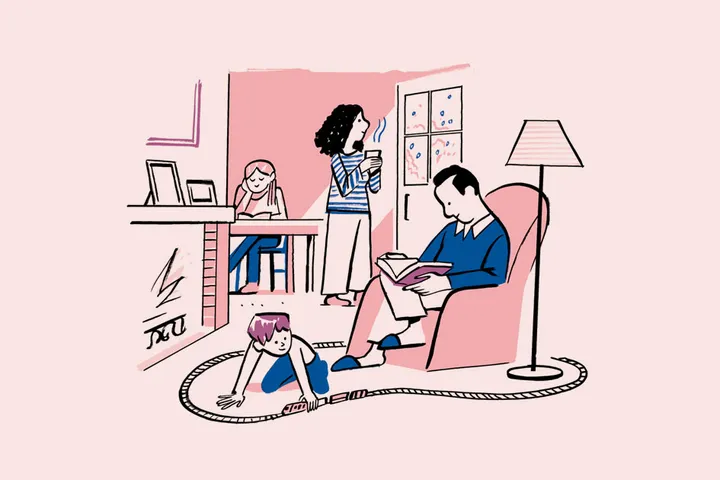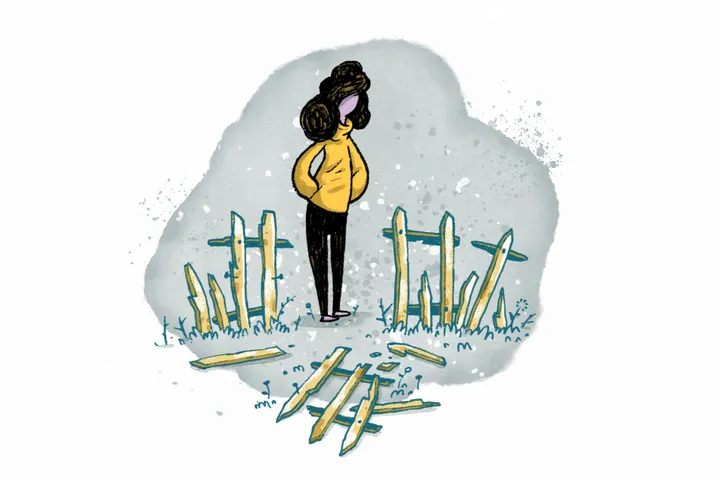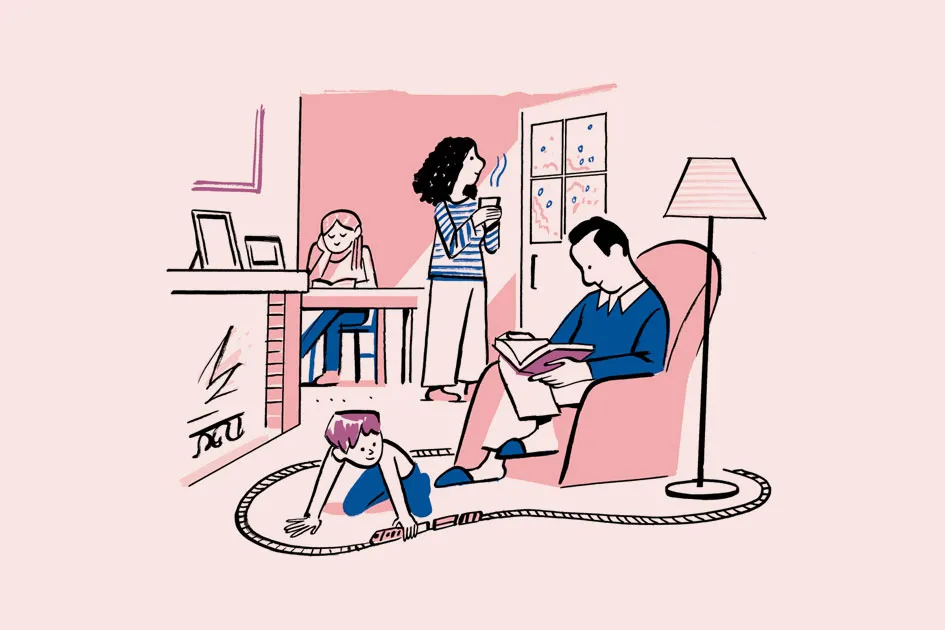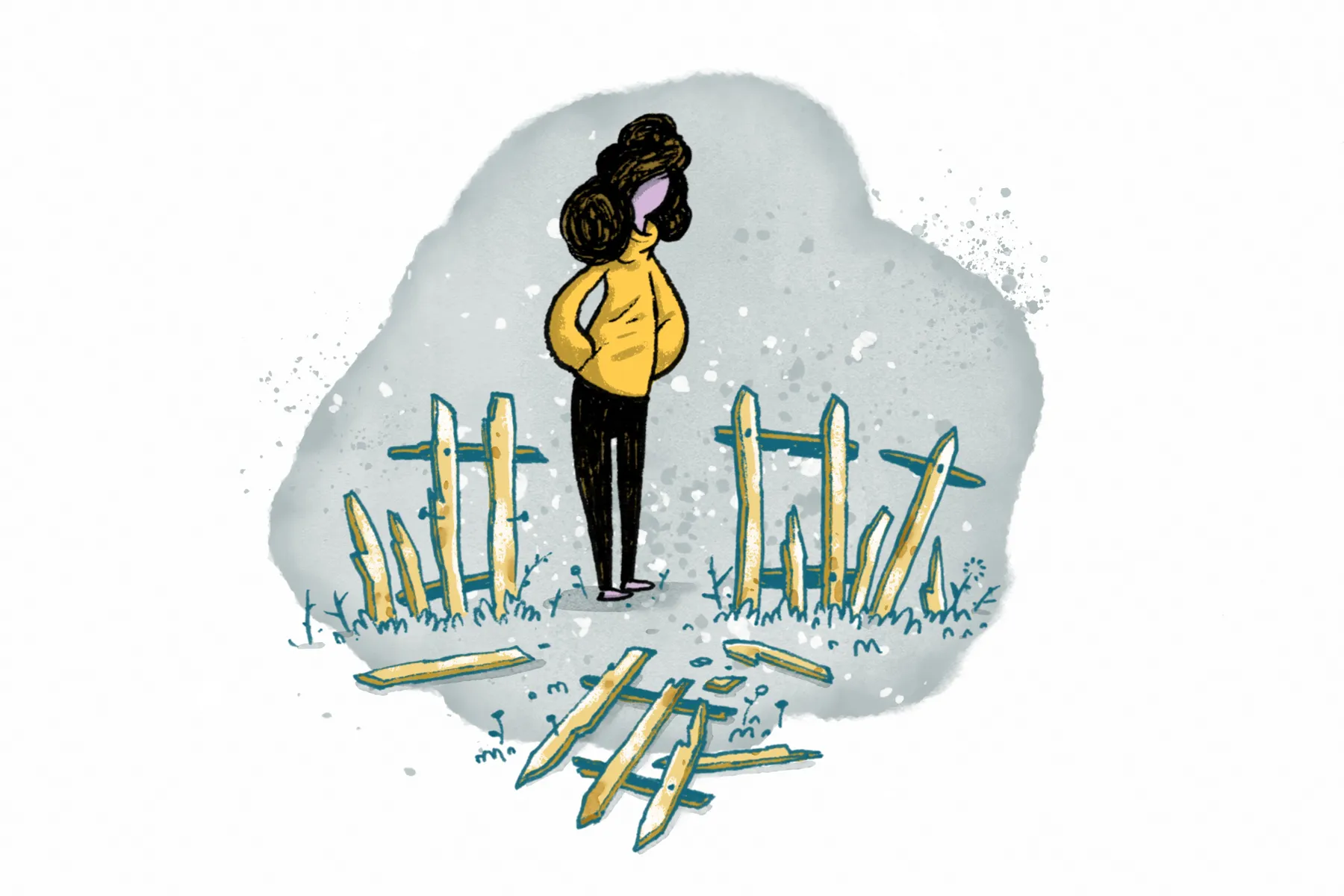Five years ago after a cancer diagnosis, I researched complementary and alternative treatments and made the decision to change the way I eat. Since that time, I have followed a fairly strict vegetarian diet and cut out most refined sugars and dairy products. In the early months, I spent hours reading labels, refusing to buy products that contained even trace amounts of the suspicious ingredients. Now, after marriage, step-parenthood, and a hectic life filled with too many fast-food restaurants and grocery store conveniences, I mostly stick to my dietary preferences, especially when I have a choice. When I don’t, I’ve developed a new strategy: I don’t ask.

Of course, not asking isn’t the same as not knowing. It’s actually a weak substitute, especially when it comes to larger issues about how we care for ourselves and others. But asking can be costly, because answers bring not only knowledge but also accountability. Once we are aware, we can no longer claim ignorance for our actions. Now it’s a choice.
Consider the situation where Christians were asking whether it was acceptable to eat meat sacrificed to idols (1 Cor. 8:4). Apparently Paul had dealt with this issue before and predicted some readers would say, “There is no such thing as an idol in the world, and ... there is no God but one.” For these Christians, knowing that idols are imaginary constructs removes the stigma. They can eat with a clear conscience.
But for other people, Paul reminds us, this wasn’t simply some random plate of food. Knowing the meat was used during pagan temple worship made eating it akin to worshipping old idols. This was a real dilemma, not just for the so-called “weaker” Christians but also for the “stronger” ones, who were faced with a deeper issue: What they knew about their brothers’ and sisters’ weaknesses was even more important than what they knew about the meat. In other words, understanding that idols were imaginary gods was no reason to eat the meat if doing so might wound the conscience of a less mature brother and cause him to stumble (1 Cor. 8:10-13).
While we don’t typically worry about meat sacrificed to idols today, we do have many gray areas of freedom, where knowledge paired with love—what we’ll call awareness—might lead us to act differently than would ignorance or knowledge alone.
Once we are aware, we can no longer claim ignorance for our actions.
Just as with the Corinthians, what we know about issues like selecting television shows or movies or buying a lottery ticket is important. Like the “weaker” Christian in Paul’s example, if our conscience restricts us, we are responsible to act according to what we know. On the other hand, for some of us these might be activities we can engage in freely, based on our own knowledge. However, if our participation could cause others to stumble back into sinful patterns, then—as the “stronger” Christians—we must allow that awareness to trump even our own freedoms.
At its core, this idea of knowledge plus awareness serves as an integral part of our spiritual formation, helping us identify sin and choose the path of righteousness. In James 4:17, we read, “Therefore, to one who knows the right thing to do and does not do it, to him it is sin.” Implicit in this teaching is that we will seek to know what’s good, as in the situation at Corinth, where the believers attempted to understand the issues related to the sacrificed meat. To discern the way of obedience for ourselves, we do well when we pray, examine Scripture, invite wise counsel, and follow the Holy Spirit’s work in our conscience.
But often “the right” that James refers to is not only for us, but also for others. To discern that right, we need to intentionally pursue relationships with other Christians and participate in all the “one anothers” Paul commands in his epistles. In confessing sins to each other, praying for each other, and bearing one another’s burdens, for example, we also come to know the things that allow us to act in love along the way.
Just as with my restrictive diet, not asking and not knowing aren’t the same thing when it comes to living the Christian life. In fact, we all need to pursue both the knowledge and awareness that Paul describes. With regard to the issues we face, yes, we need to understand our own conscience, do what’s right, and grow in righteousness. But we also need to ask questions and be involved in the lives of our brothers and sisters so we will not hinder but help them as well. In both cases, the goal isn’t to be puffed up with knowledge, but to become more conscious, holding ourselves accountable to what we know—and to each other, in love.
Illustration by Greg Clarke





